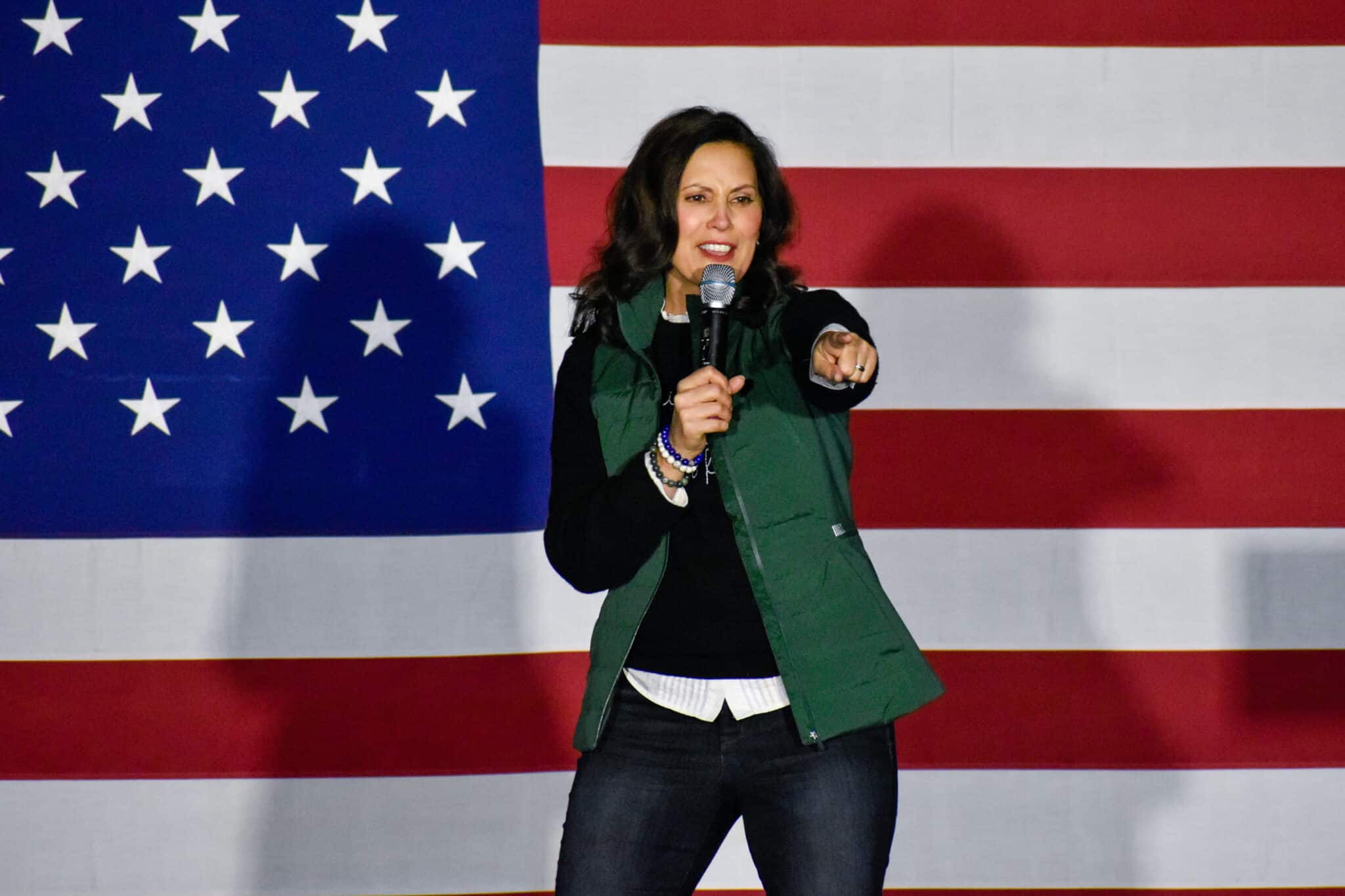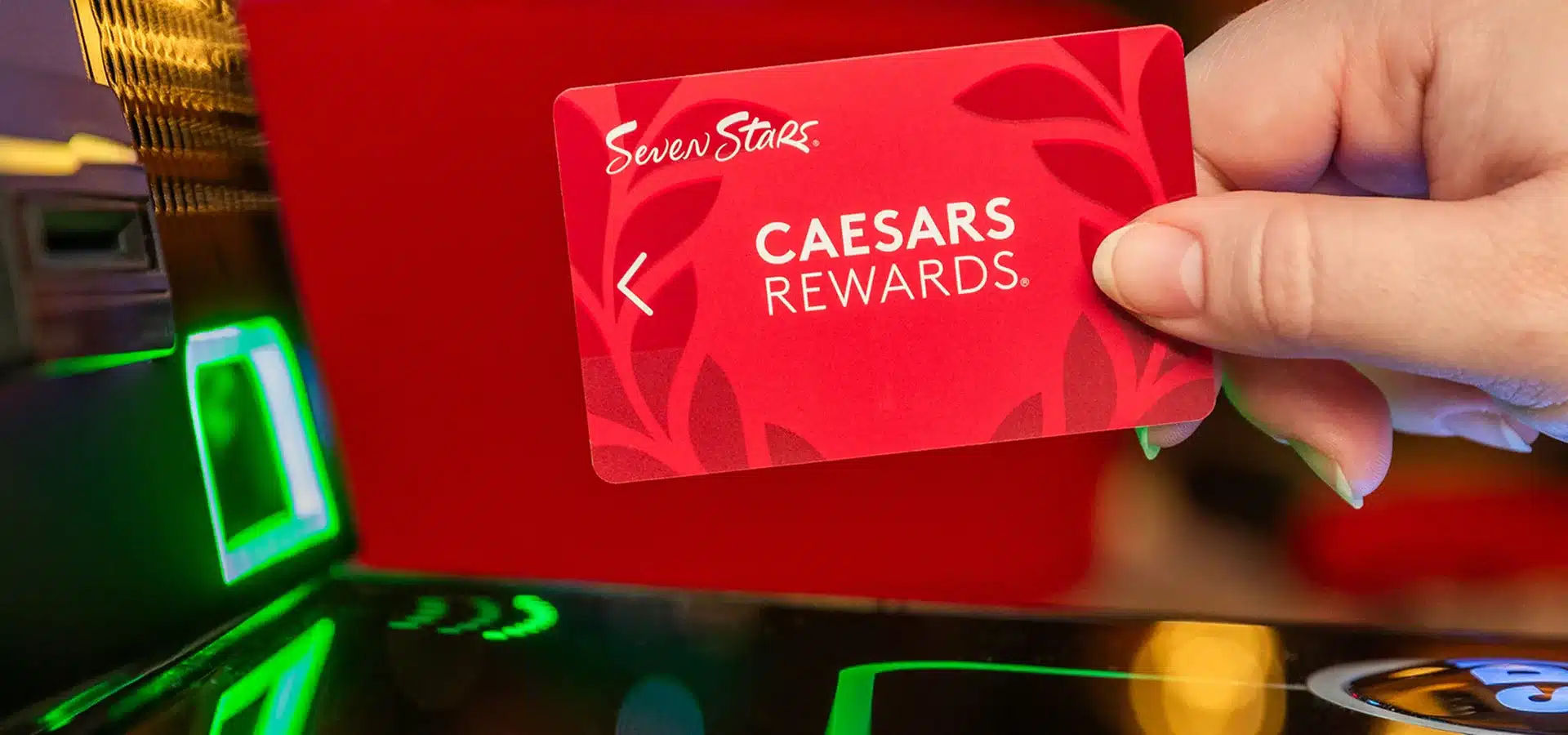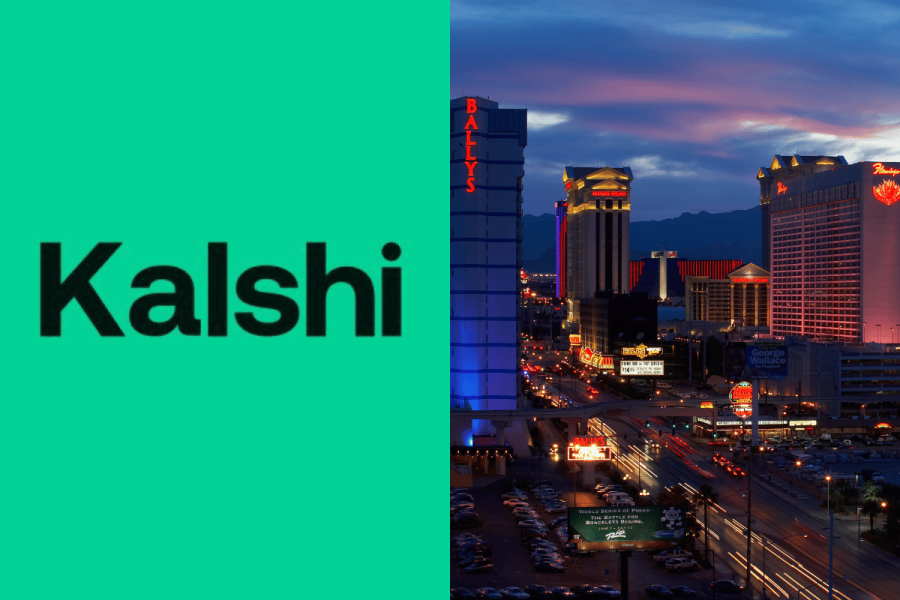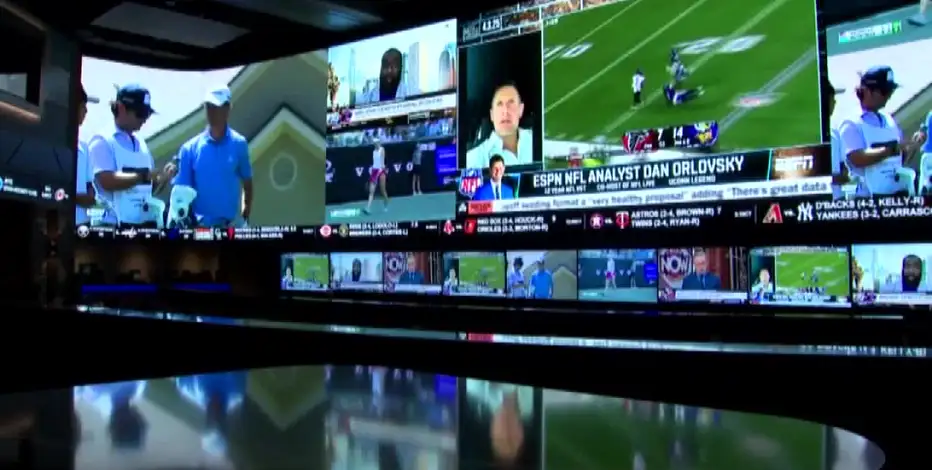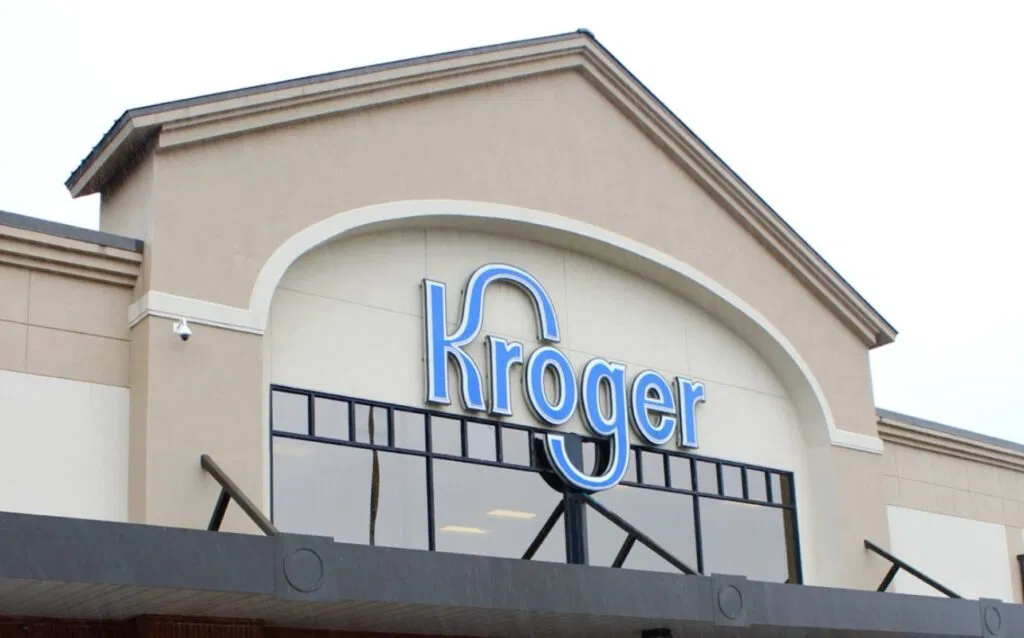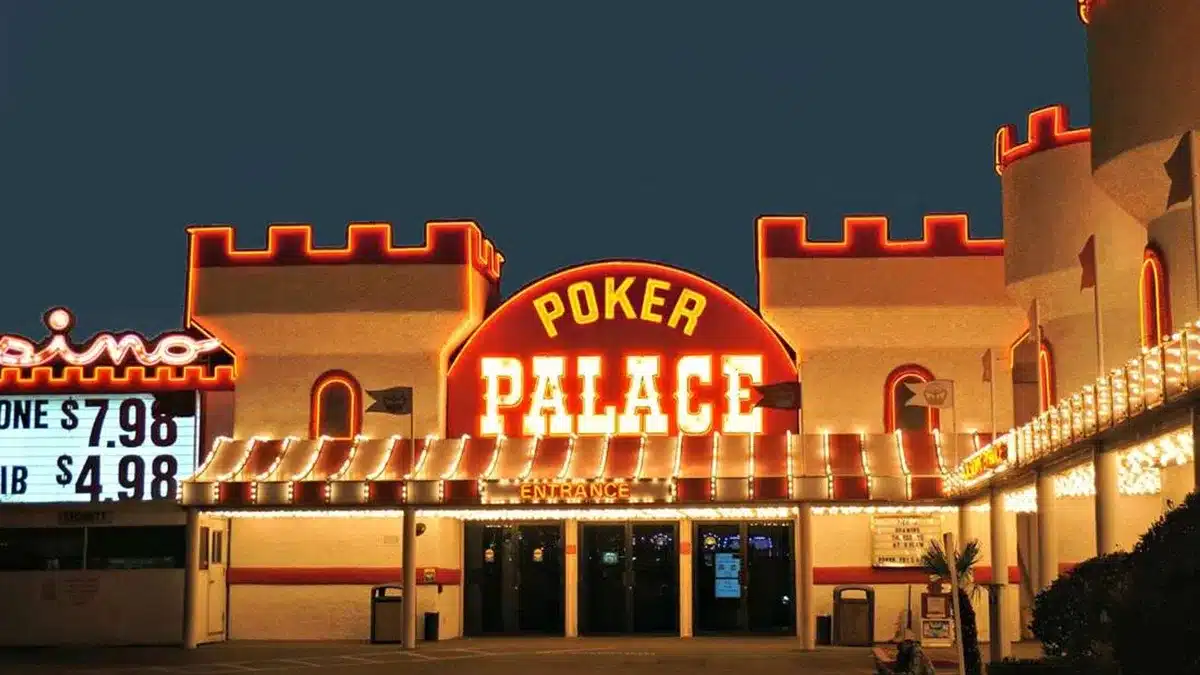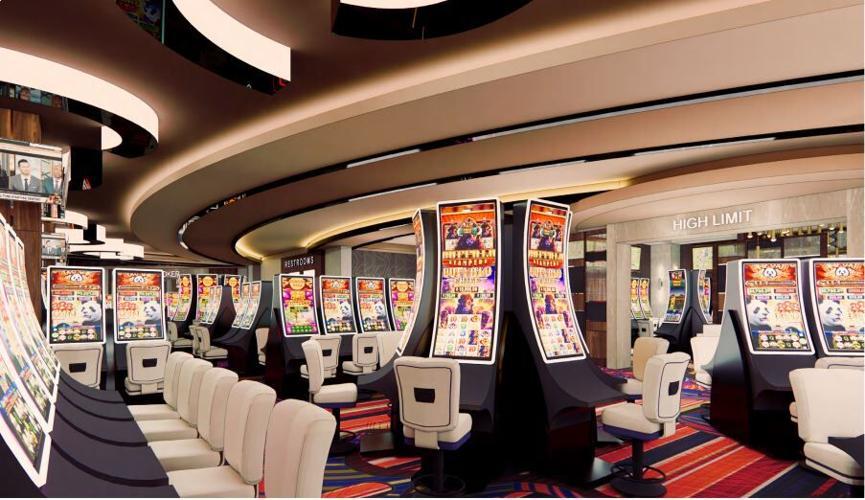
Bally’s Corporation takes on the future
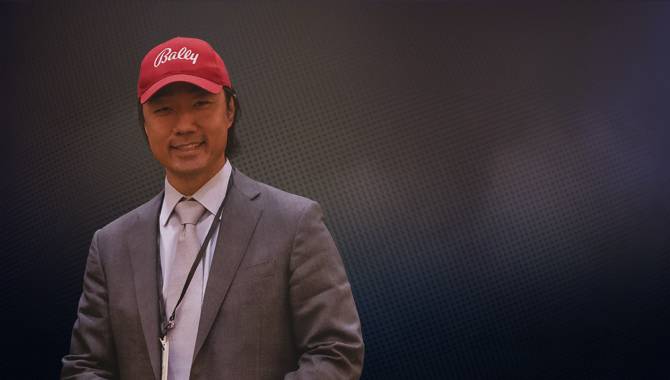
You have a history in finance. What skills are transferable from the world of finance to that of gaming?
The casino business is not my full-time job, though I’m a very experienced investor in the space, I sit on boards, so what I do is the supervision and oversight. What I do not do is front-line casino management. We actually try to be pretty careful about that delineation. I think there are many skills that transfer to helping oversee a gaming company that can be learned from the investment management industry, but I’ll tell you one thing, one of those skills is not how to actually run the casino. So, we don’t actually spend a lot of time on getting involved operationally. Our job there is to make sure we have the right people, the right teams in place. We empower them. We hold them accountable. We reward them for success and we don’t if there’s failure. And we’re honest about that. Much of what we do on the operational side is supervision and accountability.
Besides that, there is an element in the boardroom and with companies that revolves around the question of what to do with the money that we make. How should we invest it? Should we give it back to shareholders in the form of share buybacks or dividends? Should we take down our debt? Should we take on more debt? Should we buy another casino? Should we make online investments? Should we fix up our existing casinos?
These capital decisions are very much in tune with the kind of capital decisions we – people in finance – make on the investing side every day. There is a pool of capital that we’ve been entrusted with. We will protect it and make it grow. We move it to where we think the opportunity is. I think companies can do with that process. It’s similar to what we try to do with a company when we sit on a board. How can we spend the money that we make?
But surely that’s a skill transferable to a lot of industries. So why gaming?
My background is in restructurings and reorganizations, so in the large world of investment management, we do a smaller sub sector – turnarounds and restructurings. Mainly we do that with leveraged companies. A lot of the time the restructuring is necessary because there is a lot of debt, maybe there could be a bankruptcy involved. So that’s my subject matter knowledge.
Gaming is actually an area that’s been a fertile field for us in terms of finding opportunities, mainly because it’s such a boom-and-bust kind of space. There are times when there is so much optimism and people build these huge things, and then – all of a sudden – there is a recession and a capital tightening. Then there is a bust. And we like boom-and-bust industries because the excesses, when they bust, provide us with opportunities for investment.
Still, though, we like gaming because it is undergirded by a very solid base. It’s called consumer discretionary. That portion of your entertainment budget is pretty stable. Gaming was one of the first physical businesses to come back during Covid. It has proven itself over and over again to be, at its core, a very sustainable business. So, boom and bust with a sustainable core is, for someone like myself, a natural fit.
How has the rebranding from Twin Rivers Worldwide to Bally’s affected the thrust of the company?
First, we were at one casino; then we were at two; then four. As we acquired more casinos, we knew one truism: a network of casinos would, in the medium run, benefit all of the individual component projects, like a team approach. When you actually have a diversified portfolio of casinos, it’s actually worth more than the sum of its individual parts. You would offer your consumer choices. It’s a statement of what you stand for and of what value you can offer to the consumer.
If you think about it, all of the larger casinos are some sort of network. The Caesars and MGMs are domestic networks of casinos, and Wynn and Las Vegas Sands are Asia-Vegas networks of casinos.
So, we are putting together our network of casinos: it’s four, eight, 12 and, now, 16. At each juncture we said, ‘at some point we’re going to rename all of our casinos, we’re just waiting for the right name.’ There was a time when we had 15 casinos with 15 different names. It was evident that that was not a way to create a network effect with loyal customers and a singular image.
We knew we needed to find the brand to do that. With the acquisition of Bally’s Atlantic City, that opened up the opportunity to buy the Bally’s brand across the board. Bally’s obviously had been one of the storied brands in gaming. We think it’s one with great versatility and much potential in terms of being revived.
So we had 16 different brands and we knew we always wanted to find one, and it was one of those things where you know it when you see it. Finally, when the opportunity came up, we went for it, we said ‘that’s the one’: Bally’s.
That’s in casino land, though. There’s one further point. I think in an omni-channel world – a business where you’re not thinking just about land-based casinos and physical networks, but also of the online business in the various states you’re operating in – there could be different benefits to a singular brand.
Online, I think it’s much easier just to have one brand. It’s one of those things where there’s a certain ubiquity of media. In the supermarket aisle, the illusion of choice is important. Though everything is made by Procter & Gamble, you think ‘that’s the cheaper soap, that’s the nicer soap.’ But, online, where you have an unlimited number of offerings – and it’s not curated – having a singular brand offering helps us stand out. We already had in our minds the desire to have a single brand across the network. Our push onto online made that even more important.
Is the acquisition of Gamesys a move in the online direction?
Gamesys makes us equal part offline and online. It is one of the leading international providers of online bingo, poker and iCasino and it mainly operates in Europe and Asia. It has very little presence in the US, and we love that because it is in sports betting where the money is actually made in this business. We have a physical fleet here and we’re going to bring that together. In Europe, a platform like Gamesys comes around gaming, but in the US it really comes together around sports. Regulatorily, 30-something states have permission for sports betting, but only six states have permission for online casino. It’s going to be sports-led in America. But with the Gamesys technology and team, I think it’s going to be a wonderful combination, a combination that is poised to be ready for the future.
Do you see the US being more open to online casinos in the next five years?
If you think about it, the US is very welcoming to online sports betting. The point I’ve been making is that ‘online’ and ‘sports’ are just adjectives. It’s still gambling, gaming, betting and that’s great business. The cynics would say, ‘oh, these are sportsbooks, they’ve been around forever and they don’t make that much money.’ The optimists would say that this is the first mobile gaming product, and mobile gaming is a game changer. It’s the difference between when baseball was only shown in stadiums and then it was shown on TV. Just as we still have stadiums, we will continue to have casinos but online will be huge. Mobile gaming uses the internet as the broadcast medium to push this out to everyone. It becomes ubiquitous.
If people don’t see that this takes a very mature business – which is how I consider gaming – and turn it even more into a growth business, then I don’t think they’re looking close enough.
Does Bally’s have any new properties in its sights?
Obviously, we are opportunistic investors, and it is part of the investment management approach that we bring to the company. There was a 12-18-month window of time when we bought every casino that went up for sale. We were the market. If anyone had a sale they needed to make, they sold it to us. Because we were the market, we got some really great prices, and the returns on those properties are going to be great.
Now, frankly, those opportunities don’t exist anymore. The market has come back, confidence has returned. We were buying at record lows just 12 months ago. Now, we’re back at record highs. In a world where there are record highs, we’re not going to buy, we’re going to build.
Among the projects that we have going on now are a proposal for Chicago and the Tropicana Las Vegas, which we are about to close on (which is really more of a land and redevelopment play).
I think if there’s a casino going up in America, you can make the assumption that we will be looking at it very carefully and seeing if we can meet our rigorous capital return standards. So, it was buy versus build. We were buying, now we’re building.
Concerning the two proposals that you submitted for the Chicago casino, and then the one that is in the pipeline for New York City, how does someone in your position go about winning these contracts?
With Chicago it’s pretty straightforward. Chicago is not our home turf, though we do have a property in Illinois on the border with Iowa, in Rock Island. So obviously here, we are competing against people who are familiar with that market. Hometown heroes. So how do we compete in a market like that? We put forward the best project we can.
We came with two fully developed sites and I think we pushed the envelope in terms of size. The scale of our build leaking out caused others to want to try and build while offering more. Additionally, Chicago and Illinois have very strict minority employment guidelines and we exceeded them, a fact that has led others to do so, too.
Look, what we would say is this: we are happy to build Chicago what they want. What they want is a destination resort, something that would bring people in from the surrounding areas and keep people in the city from going out to the surrounding areas (which is how it works right now). The other people submitting proposals didn’t actually do that. The other people we are competing against own very basic slot boxes which draw up a lot of money, but didn’t actually fill the requirement of keeping people in the market.
What I would say is that I think we’ve already made a difference. Hopefully we will be chosen because of our positive attitude and our desire to listen to the city and push the groups.
I think our bids must have leaked out because, having looked at the three other bids, they look like ours.
Did you just have more capital and that’s why you submitted two while everyone else did one?
Yes, that’s right. Look, we’re a big company, we’re very strong, so we can make investments in development projects. Really, part of it was that we weren’t so familiar with Chicago, so we wanted to make sure that we gave them choices. As part of the RFP rules, we were not allowed to speak with the City Council people. We were only allowed to have a sit-down with the Mayor’s office. In that world, I did not want to pick a site that everyone hates, so we decided to pick two sites, fully develop them and then show them. Then we’ll go out and meet the community and gauge their reactions.
If you could put a casino anywhere in the five boroughs, where would you put it?
In New York City, that’s different. It is my home and we do feel that we understand this community. We are going to make a strong push for one of the three downstate licenses.
I’ll tell you, though, where we don’t think is a good place to build: I don’t think it should be in Manhattan and I don’t think it should be on Governors Island. I think both of those locations would limit their revenue potential and have an impact on the community that ultimately doesn’t need it there.
We’re thinking something in more the outer boroughs, not in the center of town. You can drive there, connect there with public transportation. We like to do good business but we like to do it in the right way. I think in New York we have the opportunity to meet the community needs. We know the community well, we know the area, and we can build something that does right by both.
Tags/Keywords
Players trust our reporting due to our commitment to unbiased and professional evaluations of the iGaming sector. We track hundreds of platforms and industry updates daily to ensure our news feed and leaderboards reflect the most recent market shifts. With nearly two decades of experience within iGaming, our team provides a wealth of expert knowledge. This long-standing expertise enables us to deliver thorough, reliable news and guidance to our readers.

